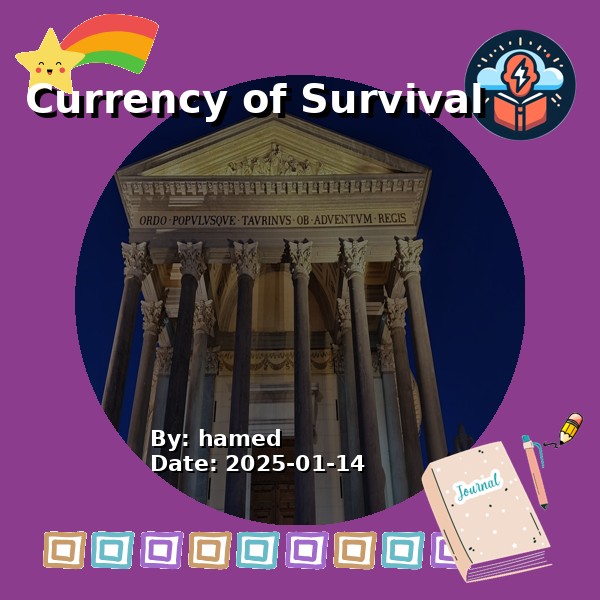Tariq tightened his grip on the bag of potatoes, his knuckles white against the coarse burlap. Around him, the market buzzed with desperation. Sellers shouted prices that changed by the hour, their voices tinged with panic. Buyers haggled with a fierceness born of necessity. Everyone’s eyes carried the same shadow: fear of tomorrow.
He glanced at the crumpled bills in his pocket, the brightly colored notes that used to mean something. This morning, he had exchanged a week’s worth of wages for them, only to find that by noon, they barely covered dinner. Hyperinflation was the word economists used. To Tariq, it was a slow unraveling of his life.
“Five kilos,” the vendor barked, eyeing Tariq’s hesitation. The woman behind him in line shifted impatiently, clutching a handful of wilted greens.
“Can you take less?” Tariq asked, his voice hoarse.
The vendor’s face hardened. “Less? Tomorrow these will cost double. Take it or leave it.”
Tariq sighed, handing over the bills. The vendor snatched them quickly, as though they might lose value in the next moment. Tariq hoisted the bag onto his shoulder and weaved through the throng, the chatter of collapsing lives trailing behind him.
When he reached home, his wife, Amina, was sitting on the floor with their son, Karim, repairing the sole of his tiny shoe with a strip of duct tape. The sight stabbed at Tariq’s chest. They used to laugh at Karim’s wild plans for the future: astronaut, inventor, president. Now, he couldn’t even promise him a steady meal.
“I got potatoes,” he said, dropping the bag onto their rickety table.
Amina looked up, her eyes filled with weariness and something deeper—resignation. “Potatoes again,” she murmured, more to herself than to him.
“We’ll make it work,” he said, though the words felt hollow.
That night, after Karim had fallen asleep, Tariq sat by the window, staring out at the flickering lights of the city. Somewhere out there, the powerful were making decisions, adjusting interest rates, and signing trade agreements that crushed people like him.
His fingers grazed the remaining bills in his pocket, now useless scraps of paper. A bitter laugh escaped his lips. In this world, survival wasn’t about ambition or hard work anymore. It was about adaptation.
Tomorrow, he’d barter the potatoes for something else. Maybe rice. Maybe fuel. In the new economy, currency wasn’t printed—it was traded, scavenged, and fought for.
And in the dark, Tariq promised himself he’d find a way to keep his family afloat, even if the whole world sank around them.
